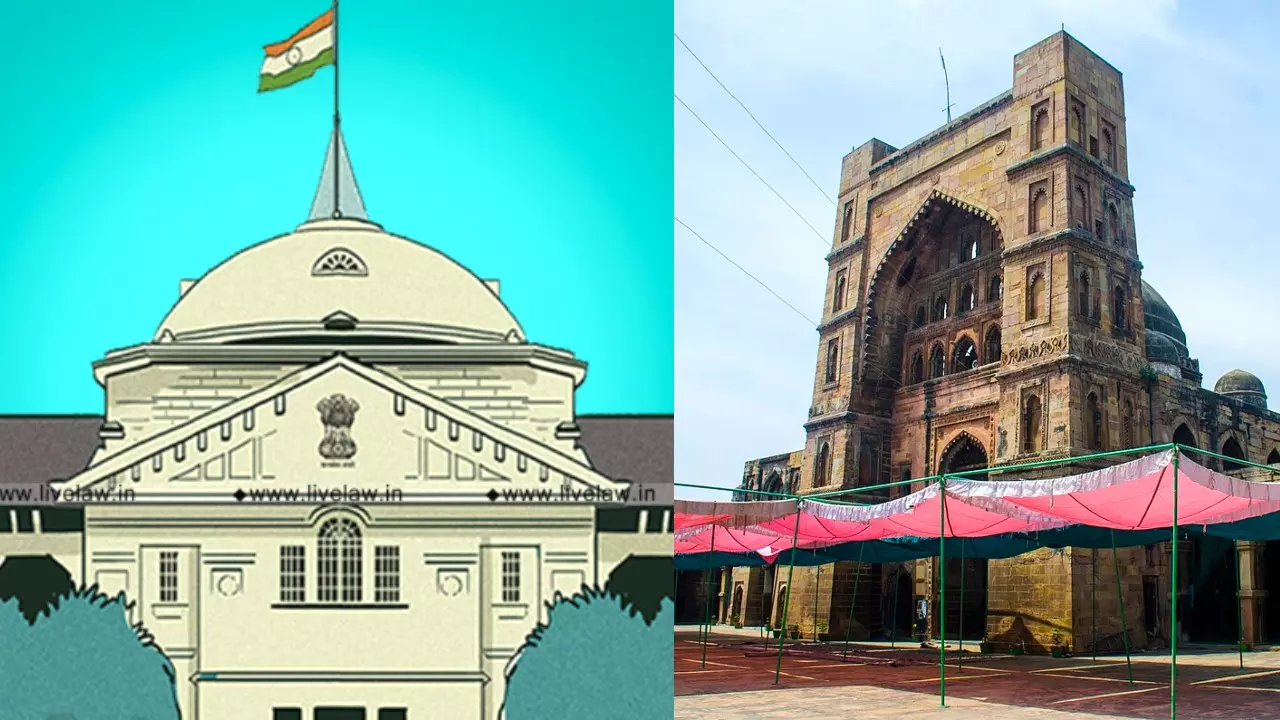The Allahabad High Court has called for a counter affidavit from the plaintiffs in a suit moved before a Civil Court in Jaunour, claiming that the 14th Century Atala Mosque in Jaunpur was originally an ancient Hindu temple of Atala Devi.The suit, moved by the Swaraj Vahini Association (SVA) and one Santosh Kumar Mishra, seeks a declaration that the disputed property is 'Atala Devi Mandir'...

